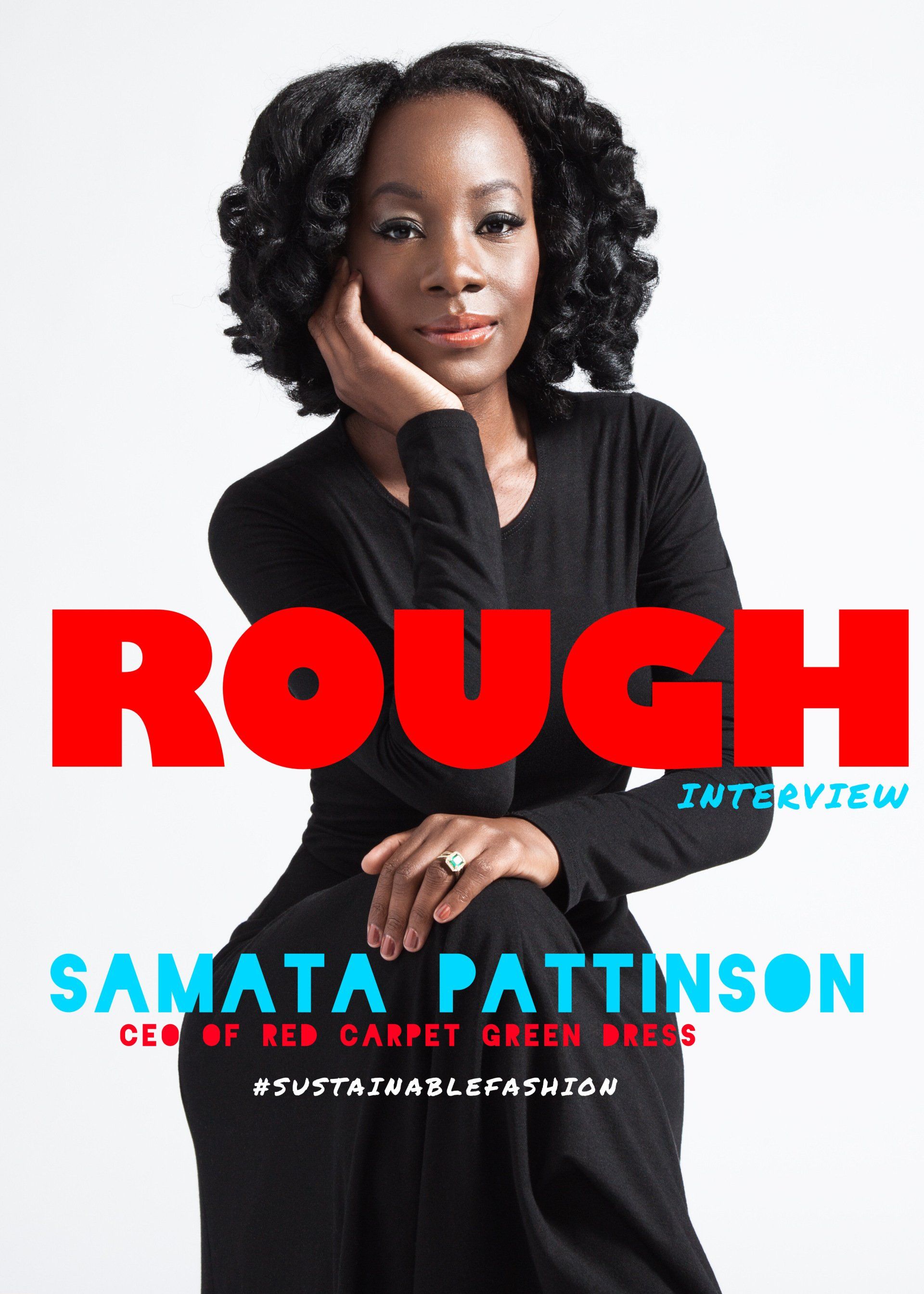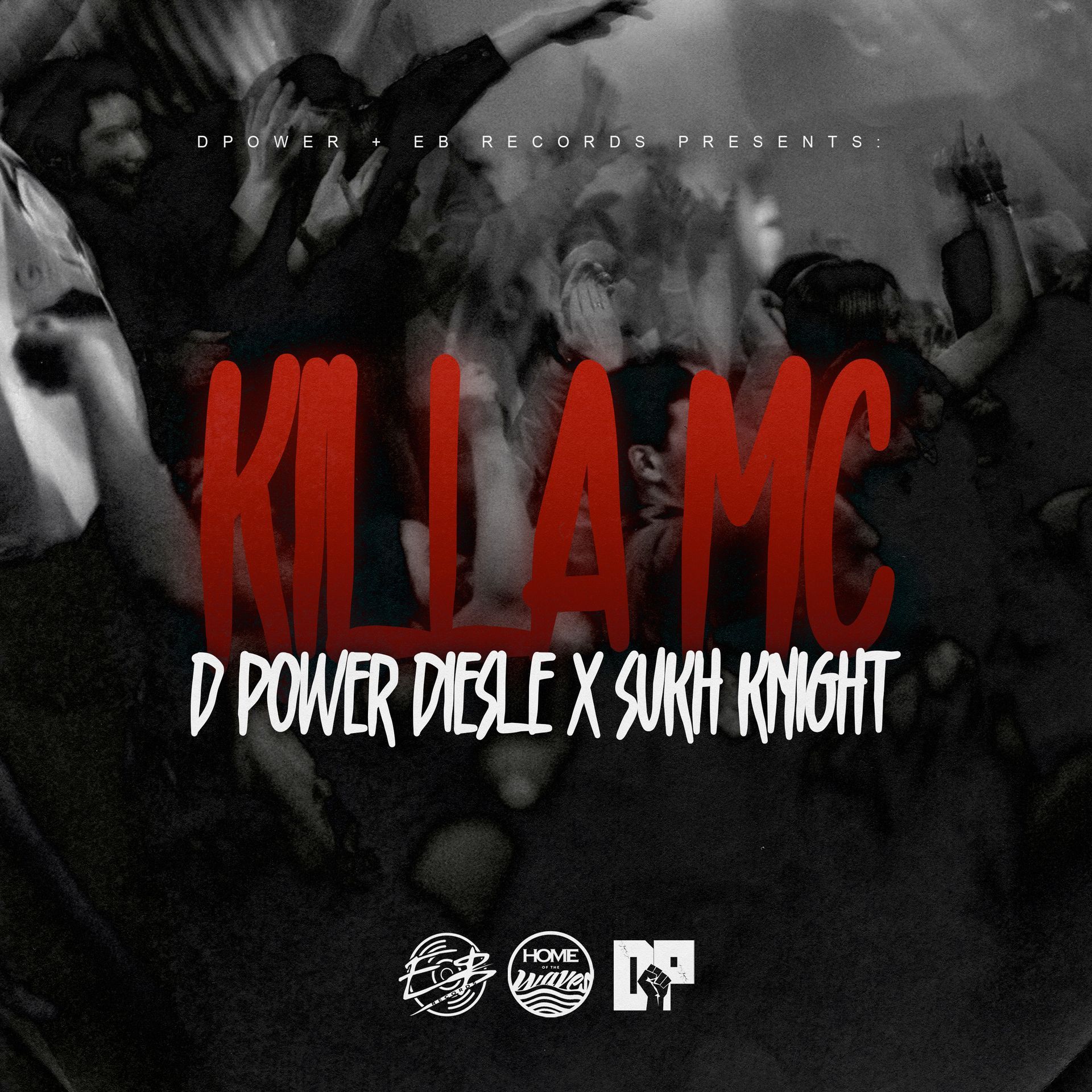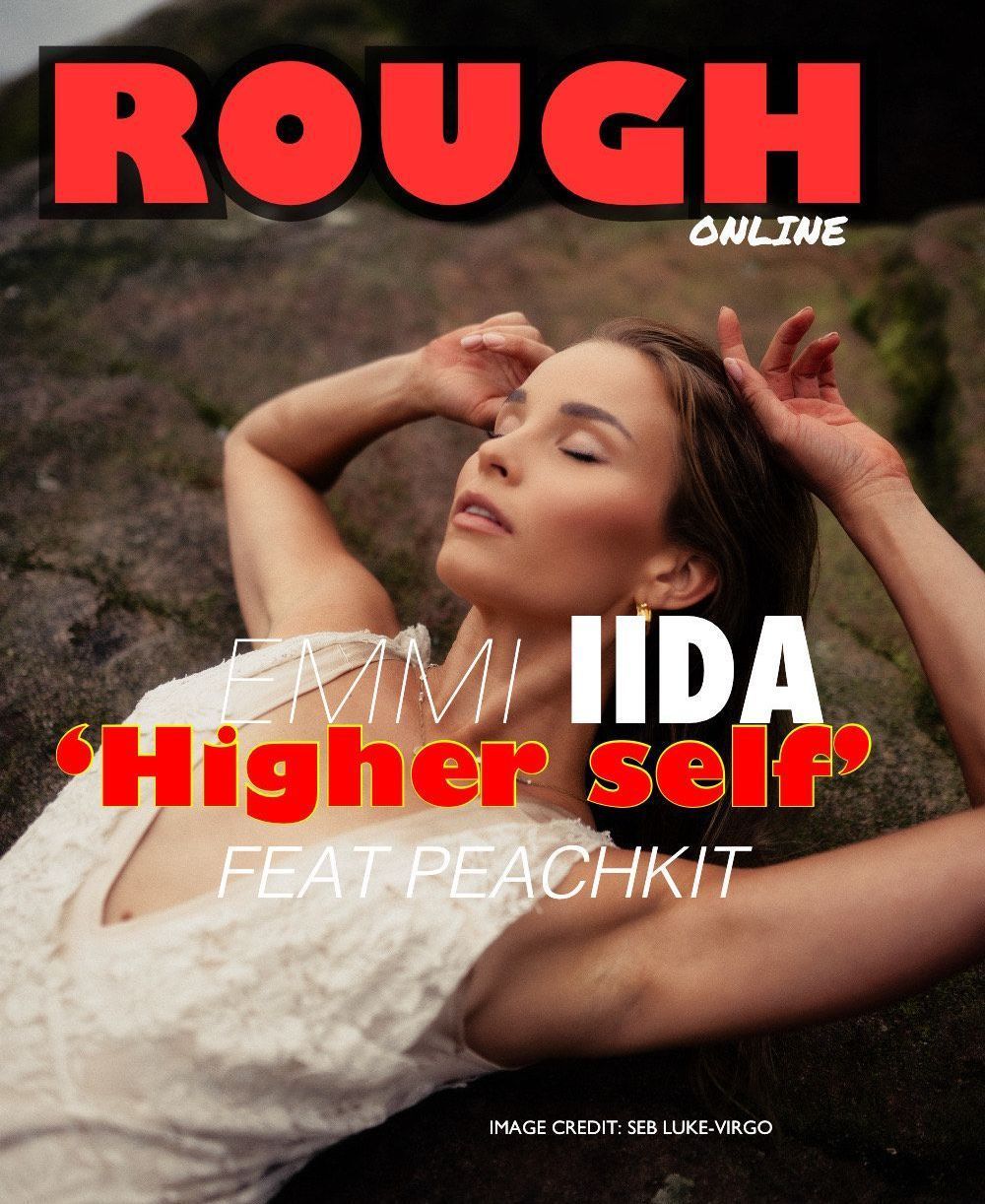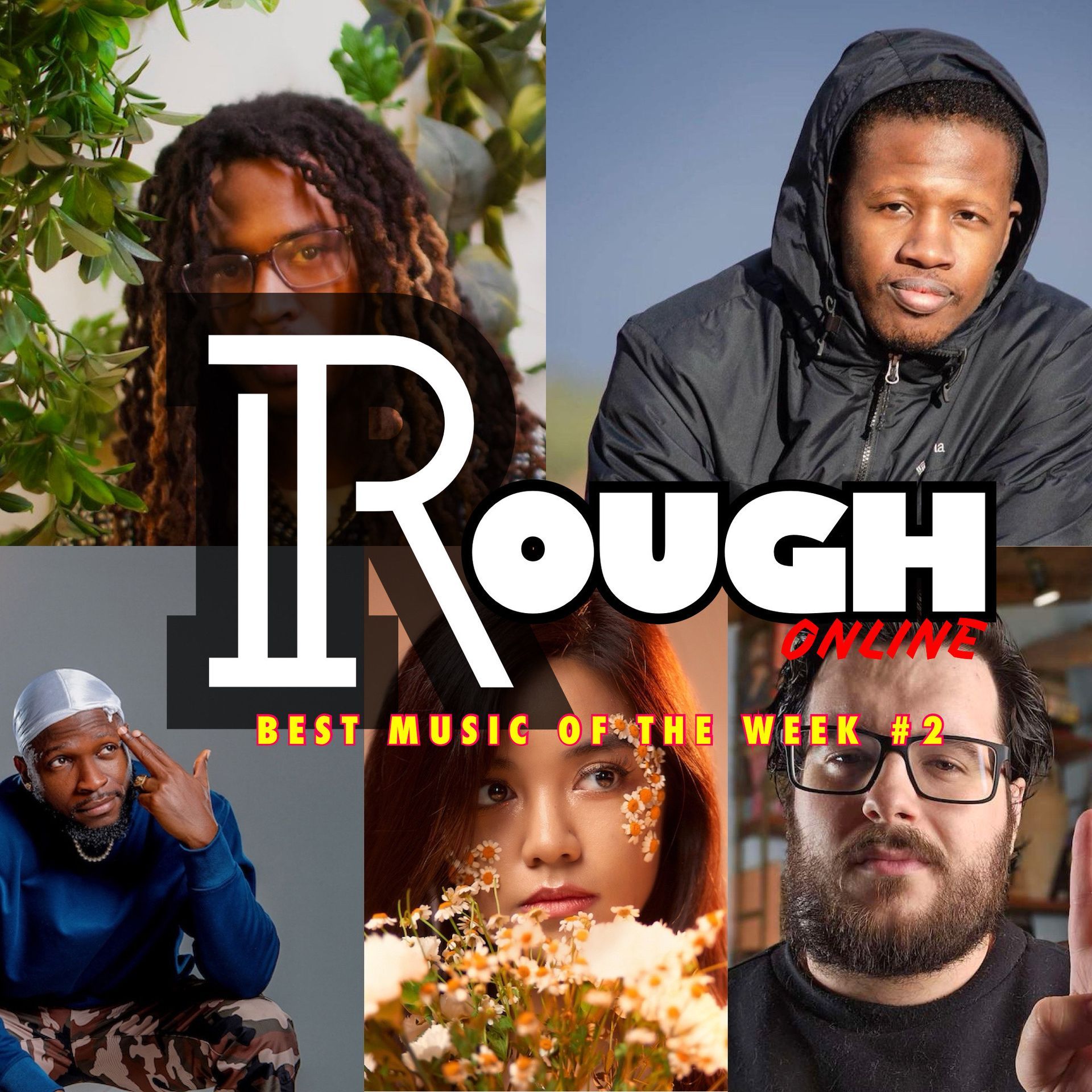ROUGH Talks Sustainable Fashion With Red Carpet Green Dress CEO Samata Pattinson
- by CELESTA BALLABANI @celeballabani
- •
- 30 Oct, 2020
- •
Interview

Samata Pattinson is best known for her role as CEO in Suzy Amis Cameron's campaign, the Red Carpet Green Dress, which focuses on sustainable fashion on the Oscars red carpet. We are living in an age where we cannot rely on the known and will have to address the unknown if we are to thrive and flourish as an industry. There is nothing fictional about Samata whose skills sets and attributes make her a remarkable young woman who is leading the way as a change maker.
ROUGH: Could you tell ROUGH a little bit about yourself and what you do?
SAMATA: I am Samata, a British born Ghanaian. I am the CEO at Red Carpet Green Dress, which is a campaign bringing sustainability to the forefront of conversation and action. Our goal is to draw attention to the importance of more sustainable practices in the fashion industry and be a part of bringing creative solutions to the global market. We have a lot of projects going on at the moment, such as our Global Design Contest where we have just announced the winners! I will be mentoring Sanah (Indian) and Jasmine (African-American) over the coming months, which is so exciting. I won the contest back in 2011, so I know that the winners have an incredible journey ahead of them. The winning designs will be created into a gown and a suit for our 2021 Oscars Pre-Oscars Gala. Whilst last week we launched our first Red Carpet Green Dress workshops for those interested in sustainability, the first centred on eco-design, responsible consumption and fashion's impact on nature. I love connecting with people around the world on this shared topic of sustainability - we all wear clothes every single day - and I thrive on creating an accessible conversation around this topic.
ROUGH: Do you think the future of fashion is sustainable? Why? Why not?
SAMATA: Sustainability is a fundamental way of being; it's not a trend. The industry has slowly been taking up to the importance of basing any business venture on those pillars - people, planet and profit. We have slowly been moving towards living and breathing more sustainable values in the fashion industry over the past decade, but 2020 has been a catalyst for change. We have been confronted with a brutal year, and the negative impacts have been felt across the world.
When Suzy Amis Cameron launched Red Carpet Green Dress over ten years ago, she was faced with the lack of ethical fashion choices whilst attending global premieres of husband James Cameron's ' 'Avatar'. In the past ten years, these options have multiplied tenfold, we are taking a step in the right direction but still have a long way to go and we need to get there quicker. And the responsibilities are shared - it's as much about sustainable products as it is about the consumer mindset and their purchasing habits. In Covid-19, there isn't a high demand for "disposable consumption" anymore, where people only wear an outfit a handful of times and dispose of it. In the UK, for holidays we bought 11.1 million single-use outfits. We are reaching a point where we will run out of natural resources if we don't change how we are overconsuming and undermaintaining our things. We are moving towards a time of less. Overproduction is over. We are moving towards on the line production (more efficient models to project demand) and product maintenance. Sustainable brands understand this.
For my lens with our luxury collaborations, for example, we are looking at ways to support circular systems - not as a way to justify overproduction but to create products which can be sustained in modest volumes. For example, we have an increasing demand for the textiles we developed with Tencel™ Luxe for luxury fashion collections - they want couture luxury, which is biodegradable and made using closed-loop systems. We want to be part of making products which don't leave a negative legacy for people and the planet. It's important post-COVID-19 for us all to keep this conversation going but most importantly action, banding together further as a global community, with an intersectional lens, to keep the pressure on brands and individuals to keep moving the needle forward.
ROUGH: The main focus of the fashion industry now is to take the right steps towards more sustainable production. However, we should not lose sight of the Human Rights aspect that comes with it, which is equally important. Women's rights are too often ignored, and abuse is widespread in sweatshops. How can we have brands focus on this as much as they are now focusing on sustainability?
SAMATA: Creating awareness and ensuring the right voices are being heard is essential to have change. More brands are focusing on sustainability due to public demand but also there is an awareness now that we didn't have before. In our industry, for example, the majority of garment workers, globally, are women, in Bangladesh's garment industry alone of the 4 million people employed a staggering 85% are women, a pattern which reflects around the world. This means that when you look at the clothing tag, more often than not it was sewn by female hands, sometimes by girls as young as 14. We need to have much more awareness of women's rights in the workplace globally. A lot of the time, people's voices in places such as Bangladesh and Myanmar where sweatshops are located, are not heard (it's important to know there are sweatshops here in the UK too). Just because we don't physically see what is happening it is easier to dissociate - it's happening somewhere else. It's not on our doorsteps but that doesn't mean we should not care. I am proud of the work that organisations like the Fashion Revolution are doing to promote awareness and keep these traverses in the spotlight. We recently teamed up with an organisation called the Awaj Foundation who are championing workers rights and fair pay amongst other things in Bangladesh and The Fifth Pillar in Myanmar. We need radical transparency. A brand must have a code of conduct that states the practices and behaviour rules in the organisation, however, this is not enough as abuse is still taking place. This can truly only happen once legislation is brought in internationally to protect garment workers so we need to give people a voice, they need to be heard, and we need to continue fighting for human rights.
ROUGH: An issue that is often brought up when talking about sustainable brands is the fact that people tend to find them slightly more expensive and therefore, less achievable compared to fast fashion brands. What insight would you like to share on this topic?
SAMATA: In some cases, sustainable clothing may be slightly more expensive - say you are looking at organic cotton or certified materials like certified silk, but these pieces have a higher cost because of the processes to produce them and often to ensure the supply chain have been fairly paid! Through that lens, the increase in price is marginal. The truth is most people would rather buy three tops for £10 than spend £30 on a good quality one. To me, that more expensive item cost is marginal in the light of why it is more expensive. Think about how many times you may have bought clothing that you have worn a handful of times, the price of these pieces could add up to 1-2 sustainable pieces of clothing that you will hold on to for longer. On the other hand, recycled materials can often be cheaper actually - especially when you are buying at a global fast-fashion brand scale. They can do better.
ROUGH: If you had the opportunity to make a change in your industry, for the better, what would that be?
SAMATA: Right now, I'm focused on a solution that fixes an immediate environmental crisis the world is facing due to the mass production of single-use and low quality PPE masks used by the general public. The design world was not ready for this massive increase in global demand and most products currently on the market are a quick fix solution that is ill-fitting, toxic to our skin and ultimately bad for the environment. Luckily the technology is catching up to put this wrong to right. Education is also key - with RCGD we have launched a workshops series to educate on the fundamentals of sustainable fashion. We are discussing topics such as Intersectional Environmentalism, Sustainability Strategies, Sustainable Fashion Design, Material Processing & Manufacturing, Sustainable Product Design, Human Rights & Social Justice and Environmental Impact.










